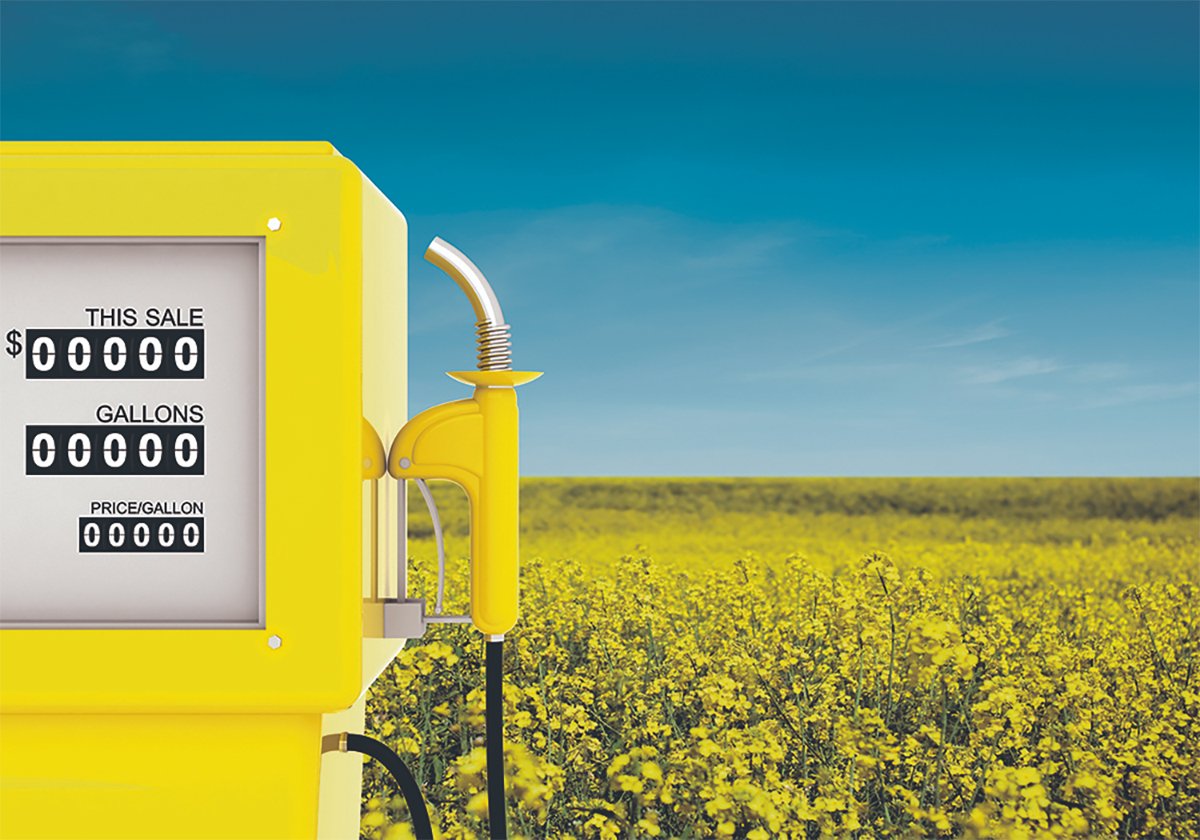Brazil is contemplating a policy move that could mop up some of the country’s massive soybean harvest, but analysts differ on how helpful it could be.
Soy crushers and biodiesel manufacturers are asking the government to increase the country’s biodiesel mandate to seven percent from five percent by Jan. 1.
The government’s energy minister said he is contemplating the request.
A Reuters story said a two percentage point increase in the mandate would create an additional eight to nine million tonnes of soybean demand in Brazil next year.
Read Also

Biofuel sector happy with federal budget
Advanced Biofuels Canada says new Biofuel Production Incentive is a lifeline until CFR amendments are in place.
It would be a significant relief valve for overstuffed oilseed markets. Oil World estimates world oilseed production in 2013-14 at 488 million tonnes, a 22 million tonne increase over last year.
Brazil’s government estimates the soy crop at 88 to 90 million tonnes, shattering last year’s record of 81.5 million tonnes.
Oil World analyst Thomas Mielke said the proposed policy change would lead to “sharply higher” biodiesel use and soybean demand in Brazil but not as big as the Reuters story suggests, according to a copy of an Oct. 22 presentation he delivered at the Oilseed and Grain Trade Summit 2013 in Minneapolis.
Mielke said a shift to a seven percent mandate would increase soy biodiesel demand by 0.8 million tonnes in 2014, requiring 4.2 million tonnes of additional soybean crush.
Dan Basse, president of AgResource Company, was far more bearish about the impact of the proposal.
“The industry is asking for a seven percent mandate, but most in Brazil are thinking it will end up at six (percent),” he said.
Basse said he can’t understand how people are coming up with eight to nine million tonnes of newly created soybean demand.
“I don’t agree with that data at all. I mean, it’s not even going to come close to relieving anything,” he said.
“It’s not going to be a significant increase down there, maybe the equivalent of something like 700,000 or 800,000 tonnes of beans.”
And that is if the government agrees to the request, which is far from certain.
“This is the second or third year in a row that they’ve tried to increase it, and the last couple of times it hasn’t happened,” said Basse.
A tremendous amount of oilseeds will be in the system by the end of next year, he added.
Chinese demand in the near term could create a market window but it will close as Brazil harvests its crop.















